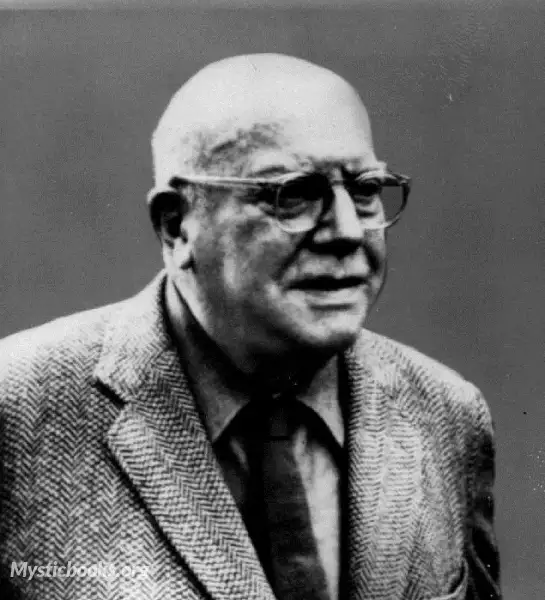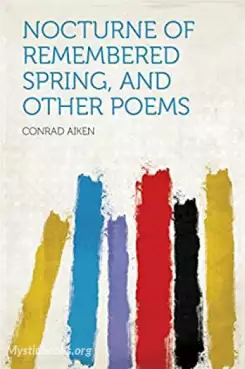
Timeline
Title
Country/Nationality
Conrad Aiken
Conrad Potter Aiken was an American writer and poet, honored with a Pulitzer Prize and a National Book Award, and was United States Poet Laureate from 1950 to 1952. His published works include poetry, short stories, novels, literary criticism, a play, and an autobiography.
Aiken was the eldest son of William Ford and Anna (Potter) Aiken. In Savannah, Aiken's father became a respected physician and eye surgeon, while his mother was the daughter of a prominent Massachusetts Unitarian minister. On February 27, 1901, Dr. Aiken murdered his wife and then committed suicide. According to his autobiography, Ushant, Aiken, then 11 years old, heard the two gunshots and discovered the bodies immediately thereafter. After his parents' deaths, he was raised by his great-aunt and uncle in Cambridge, Massachusetts, attending Middlesex School, then Harvard University.
At Harvard, Aiken edited the Advocate with T. S. Eliot, who became a lifelong friend, colleague, and influence. It was also at Harvard where Aiken studied under another significant influence in his writing, the philosopher George Santayana.
Named Poetry Consultant (now U.S. Poet Laureate) of the Library of Congress from 1950 to 1952, Aiken earned numerous prestigious writing honors, including a Pulitzer Prize in 1930 for Selected Poems, the 1954 National Book Award for Collected Poems, the Bollingen Prize in Poetry, the National Institute of Arts and Letters Gold Medal in Poetry, and a National Medal for Literature. He was awarded a Guggenheim fellowship in 1934, Academy of American Poets fellowship in 1957, Huntington Hartford Foundation Award in 1960, and Brandeis University Creative Arts Award in 1967. Aiken was the first Georgia-born author to win a Pulitzer Prize, and was named Georgia's Poet Laureate in 1973. He was the first winner of the Poetry Society of America (PSA) Shelley Memorial Award, in 1929.
In 2009, the Library of America selected Aiken's 1931 story "Mr. Arcularis" for inclusion in its two-century retrospective of American fantastic tales.
Books by Conrad Aiken

The House of Dust: A Symphony
The House of Dust is a poem written in the four-movement format of a classical symphony. Hauntingly beautiful despite its bleak post-World War I depictions of human mortality and loss, the poem develops its movements around central images such as Jap...

Nocturne of Remembered Spring, and Other Poems
Written at the height of the Great War, the poems of this volume are suffused with a sense of melancholy and tragedy. Some of the poems (such as "1915: The Trenches") speak directly of war-time scenes and images, but even those which don't do so are...